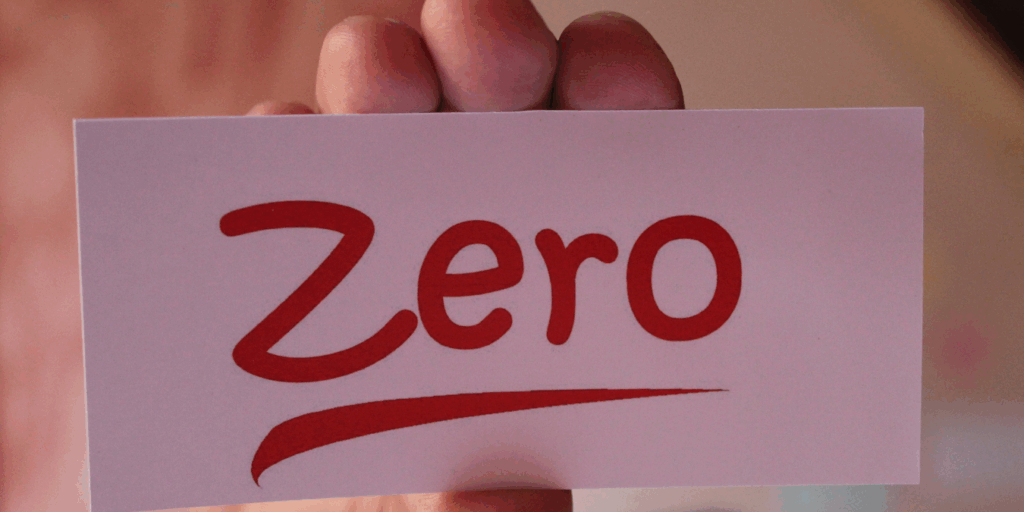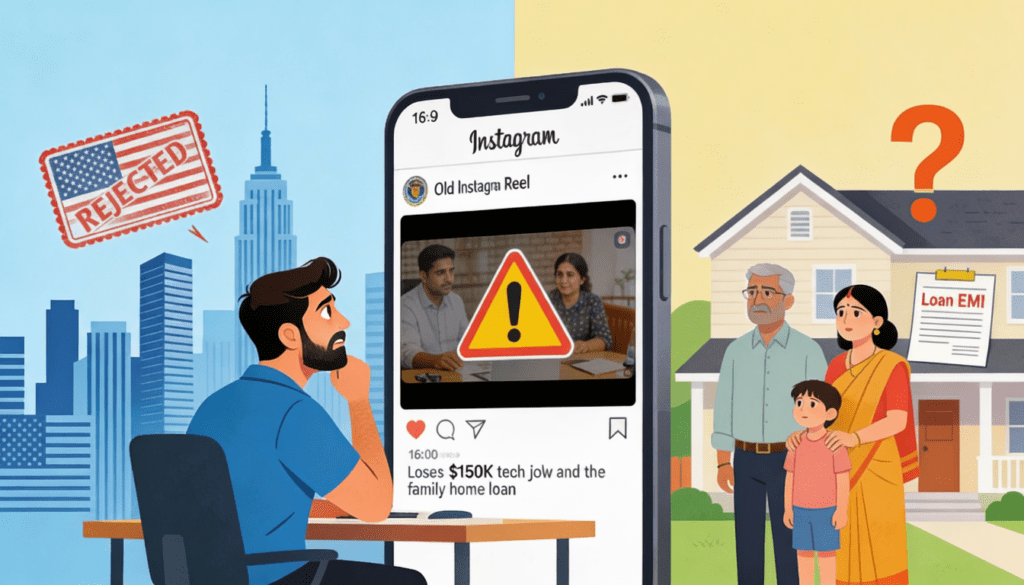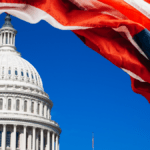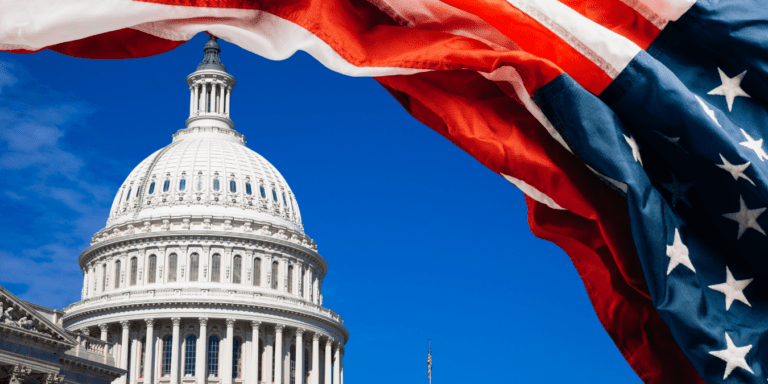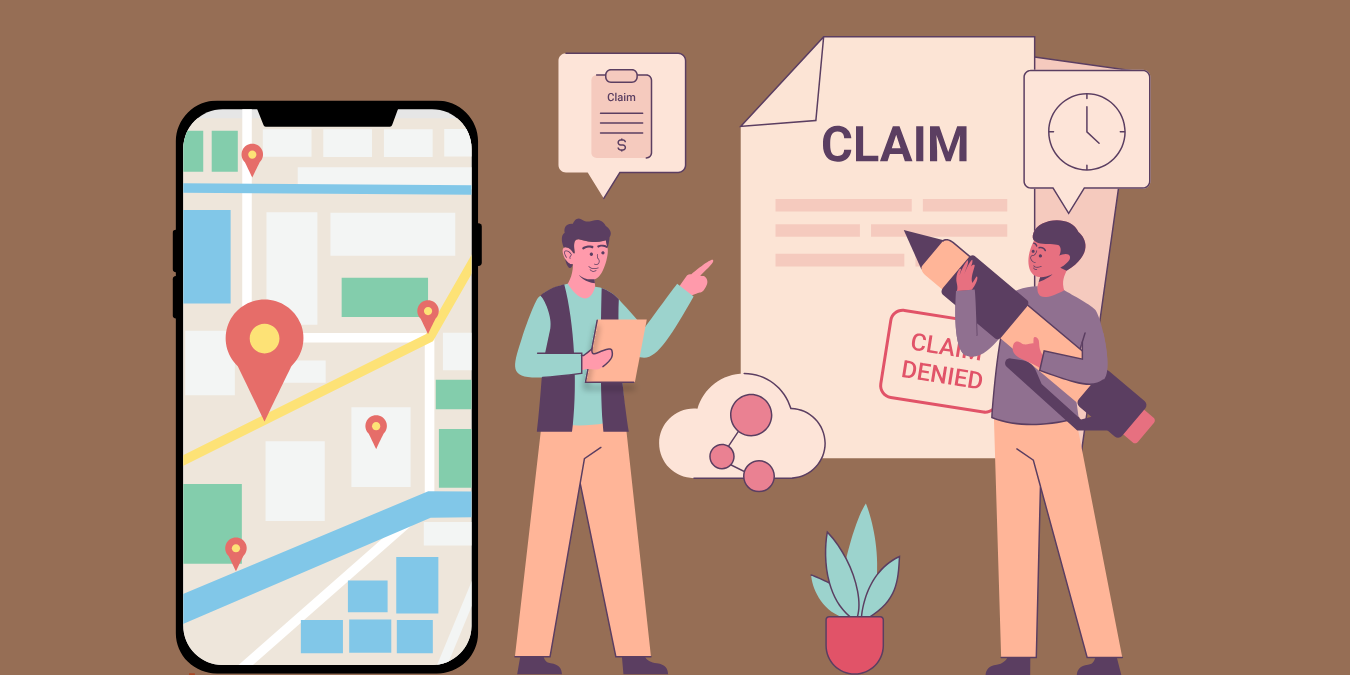
How Insurers Are Using Your Google Location Against You: Privacy Risks Exposed
Is your honest insurance claim at risk because of your Google location or home photos? Indian insurers are quietly using your digital footprint to approve or deny claims, sparking privacy battles. Discover the shocking truth behind these data demands and how they could change your insurance experience forever.
Insurance companies demanding access to your Google location history or insisting on home photos during claim processing? This Hidden practice is spreading across India — and it’s sparking a Shocking privacy debate. In 2025, a man from Silvassa had his mediclaim rejected because his Google Timeline didn’t show him at the hospital – despite medical records proving otherwise. Another, Anupam Gupta, was asked to let strangers into his home, hand over credit card statements, and share his Google location data. These aren’t isolated incidents. They’re symptoms of a Smart but Secret shift in how insurers verify claims — one that blurs the line between fraud prevention and digital surveillance. With IRDAI regulations silent on geolocation tracking and the Digital Personal Data Protection (DPDP) Act, 2023, still in early enforcement, policyholders are caught in a Future of uncertainty. How much of your personal data are insurers legally allowed to demand? And what happens when they misuse it? The answers could redefine your rights as a consumer.
The Real Story Behind the Google Timeline Rejection
Recent Indian legal precedents on insurer access to Google Timeline for claim processing largely revolve around consumer forum rulings that emphasize privacy rights and the limitations of using such digital data as sole proof for claim denials.
- The notable case of Vallabh Motka from Silvassa (2024–2025) resulted in his health insurance claim being initially rejected by Go Digit General Insurance because his Google Timeline allegedly showed no presence at the hospital during the claimed treatment period. The consumer disputes redressal forum ruled in Motka’s favor, asserting that medical records, doctor’s certificates, and discharge summaries hold higher evidentiary value than Google Timeline data, which by itself lacks legal authenticity unless validated by Google officials in court. The forum ordered the insurer to pay the claim with interest. This judgment highlighted that insurers cannot rely solely on Google location data to reject claims and must obtain explicit, informed consent to access such data. Also, insurers’ reliance on uncorroborated Google Timeline data was deemed a violation of privacy under Article 21 of the Constitution and the Digital Personal Data Protection Act (DPDP) 2023.
- Experts emphasize that IRDAI regulations currently do not authorize or mention Google Timeline or geolocation data as admissible evidence for claim verification. Insurers must provide clear policy terms authorizing use of such data, obtain informed consent, and demonstrate material misrepresentation under the Insurance Act for claim rejections using location data to be valid. Without these, such practices fall into a regulatory grey area vulnerable to legal challenge.
- Investigations relying on smartphone tracking or Google Timeline data without consent can be considered unauthorized data collection and an infringement of consumer privacy rights. The Indian Digital Personal Data Protection Act, 2023 lays the foundation for explicit consent requirements and safeguards against unauthorized processing of personal digital data in insurance claim contexts.
In summary, the key legal precedent is that Indian consumer forums and legal experts currently reject insurer claims denials based solely on Google Timeline location data unless proper informed consent and corroboration with medical documents exist. This reinforces policyholders’ privacy rights and restricts invasive data use practices by insurers in claim processing.
How Insurers Are Crossing Privacy Boundaries
The Motka case isn’t an outlier. Across India, policyholders report increasingly invasive demands during claim processing:
- Google Timeline access: Insurers ask for login credentials or physical access to phones to check location history.
- Home photo documentation: Surveyors take pictures of living rooms, kitchens, and even personal belongings during home insurance claims.
- Credit card and UPI statements: To verify medical or repair expenses.
- Social media scrutiny: Public posts are used to challenge claims of disability or hospitalization.
- Unannounced home visits: Investigators arrive without prior notice, pressuring families during medical crises.
Anupam Gupta’s experience highlights this Shocking reality. Two men showed up at his doorstep, claiming to represent his insurer. They demanded copies of documents, credit card statements, and access to his Google Timeline. When he refused, they implied his claim might be rejected. They even took photos of his home — a practice not standard in most insurance protocols.
While insurers argue these measures prevent fraud — a legitimate concern in a country where false claims cost the industry ₹1,500 crore annually — the methods often violate privacy norms. Experts like Alay Razvi of Accord Juris stress that IRDAI regulations do not authorize the use of geolocation data for claim verification. The primary evidence should be medical records, not digital surveillance.
What Does the Law Say? IRDAI vs DPDP Act
India’s regulatory framework is at a crossroads. On one hand, the Insurance Regulatory and Development Authority of India (IRDAI) has issued guidelines on data protection, cybersecurity, and policyholder rights. On the other, the Digital Personal Data Protection (DPDP) Act, 2023, introduces a new layer of consumer privacy rights.
IRDAI’s Stance
IRDAI’s Health Insurance Regulations, 2016, and Protection of Policyholders’ Interests Regulations, 2017, focus on claim settlement timelines, documentation, and grievance redressal. However, they are silent on the use of geolocation, social media, or live GPS tracking. Section 33 of the Insurance Act allows insurers to investigate claims, but only “books of account, registers, and other documents” must be produced. There’s no mention of smartphones or digital timelines.
This regulatory gap creates a grey zone where insurers exploit ambiguity. As Shryeshth Ramesh Sharma of SKV Law Offices notes, unless the policy explicitly allows it, demanding Google Timeline data is not standard practice — but it’s also not explicitly illegal.
The DPDP Act, 2023: A Game Changer?
The DPDP Act, enacted in August 2023, is India’s first comprehensive data protection law. It mandates that:
- Personal data can only be processed with explicit and informed consent.
- Data fiduciaries (like insurers) must ensure data minimisation — collecting only what’s necessary.
- Individuals have the right to access, correct, and delete their data.
- Cross-border data transfers are allowed but subject to government notification.
For insurers, this means they cannot legally demand Google Timeline access unless it’s clearly stated in the policy and consent is obtained upfront. Even then, the data must be used only for the stated purpose — not as a tool to override medical evidence.
However, enforcement remains weak. The Data Protection Board of India is still being constituted, and penalties under the DPDP Act (up to ₹250 crore) are not yet being applied. Until then, insurers continue to operate in a Secret legal limbo.
What Data Can Insurers Legally Collect?
Not all data collection is problematic. Insurers are allowed to gather certain information — but only under strict conditions:
| Data Type | Legal Basis | Consent Required? | Notes |
| Hospital records | Claim verification | No (but patient must provide) | Primary evidence for health claims |
| Pharmacy bills | Expense validation | Yes, if accessed digitally | UPI or credit card records can be used with consent |
| Wearable device data | Risk assessment | Yes, explicitly stated in policy | Only if policy includes telematics clause |
| Home photos | Damage assessment | Yes, during survey | Limited to visible damage areas, not personal spaces |
| Google Timeline | Location verification | No — not admissible without certification | Raw data lacks legal validity |
Publicly available social media posts can be viewed without consent, but private messages, call logs, or email archives cannot be demanded. The IRDAI’s Minimum Information Required for Investigation and Inspection Regulations, 2020, limits the scope of data collection — yet many insurers exceed these boundaries.
How to Protect Your Privacy During a Claim
Facing a claim investigation? Here’s how to Smart protect your rights:
- Never hand over your phone: If an investigator asks for access to your Google Timeline, politely refuse. You can offer to show the data yourself, but do not unlock the device.
- Check your policy wording: Look for clauses on data sharing, telematics, or digital surveillance. If they exist, you’ve likely given consent.
- Document everything: Take notes during calls and visits. Record names, IDs, and what was requested.
- File a complaint if pressured: If an investigator threatens claim rejection for non-compliance, escalate to IRDAI’s Integrated Grievance Management System (IGMS).
- Know your DPDP rights: You can ask insurers what data they’ve collected and request deletion if it’s no longer needed.
In the Motka case, persistence paid off. By escalating to the consumer forum, he not only got his claim settled but also set a precedent. The judgment emphasized that medical evidence must prevail over digital speculation — a principle all policyholders should remember.
The Future of Insurance and Privacy
The Future of insurance in India will be shaped by technology — but it must not come at the cost of privacy. Insurers are investing in AI-driven fraud detection, telematics, and digital underwriting. These tools can improve efficiency, but they must operate within legal and ethical boundaries.
The DPDP Act is a step forward, but sector-specific guidelines from IRDAI are needed. Experts recommend:
- Clear rules on the use of geolocation and digital data.
- Mandatory consent forms for any non-standard data collection.
- Training for investigators on privacy rights.
- Faster grievance redressal for data misuse complaints.
Until then, policyholders must remain vigilant. The next time an insurer asks for your Google Timeline, ask: Is this really necessary — or just another way to delay my claim?
Key Takeaways: What You Need to Know
- Google Timeline cannot legally override medical records — the Valsad consumer forum has ruled on this.
- Insurers cannot demand your phone or login credentials without explicit consent.
- Home photos are allowed during surveys, but only for damage assessment, not personal intrusion.
- The DPDP Act, 2023, gives you control over your data — including the right to withdraw consent.
- If pressured, escalate to IRDAI or file a consumer complaint — you’re not alone.
Final Thought: A Curiosity Gap for the Reader
You’re in the hospital, fighting an illness, and your insurer denies your claim — not because of missing documents, but because your phone didn’t “see” you there. No doctor’s note, no hospital record, no lab report mattered. Just a silent algorithm deciding your fate. This isn’t science fiction. It happened in Gujarat in 2025. And unless we demand change, it could happen to you. What if your next claim hinges not on your health, but on your digital footprint? The Secret truth is — it already does.
Disclaimer: The use of any third-party business logos in this content is for informational purposes only and does not imply endorsement or affiliation. All logos are the property of their respective owners, and their use complies with fair use guidelines. For official information, refer to the respective company’s website.

